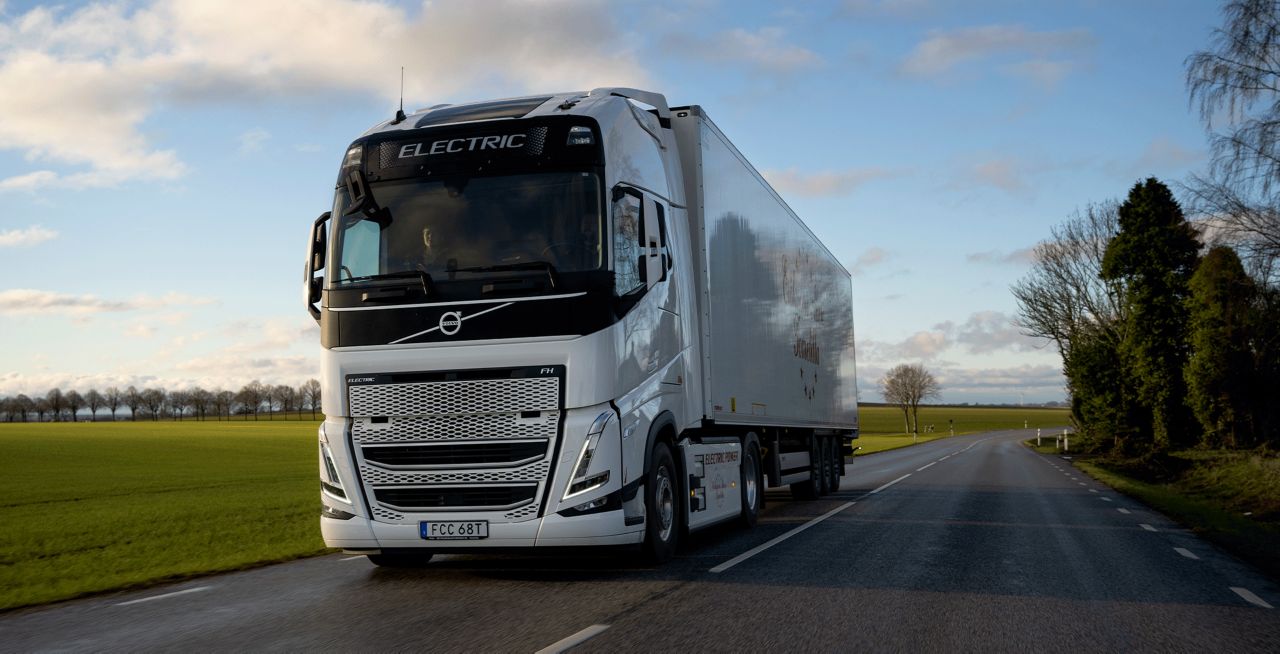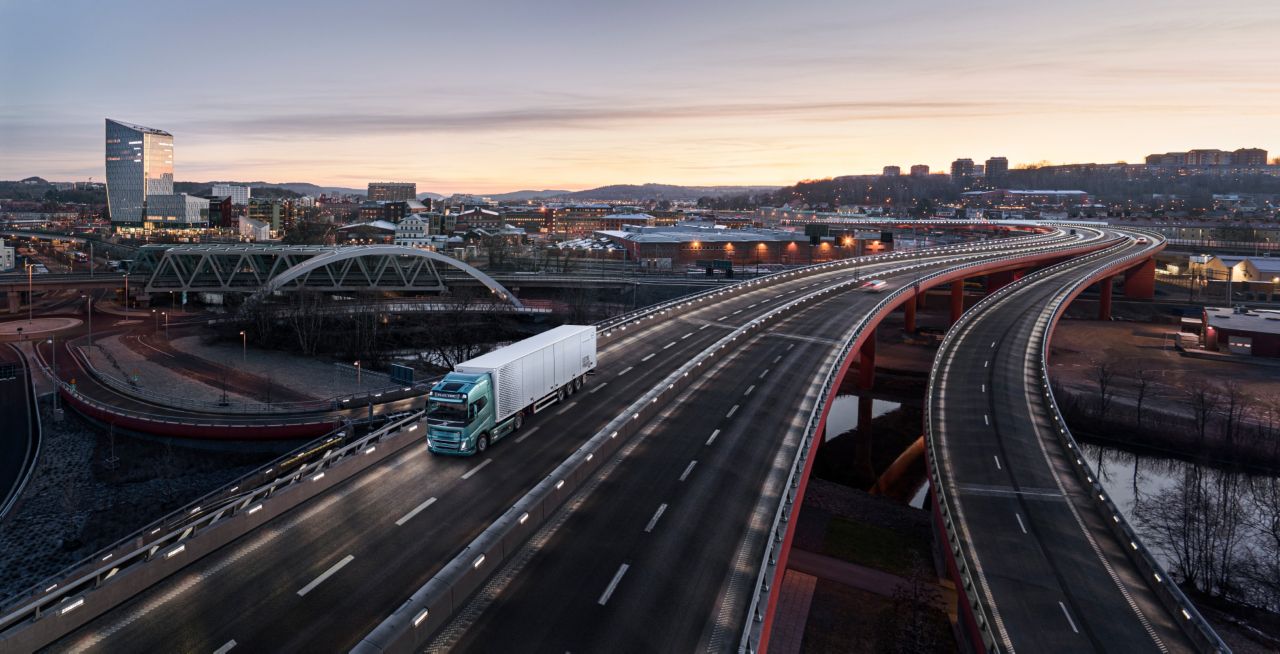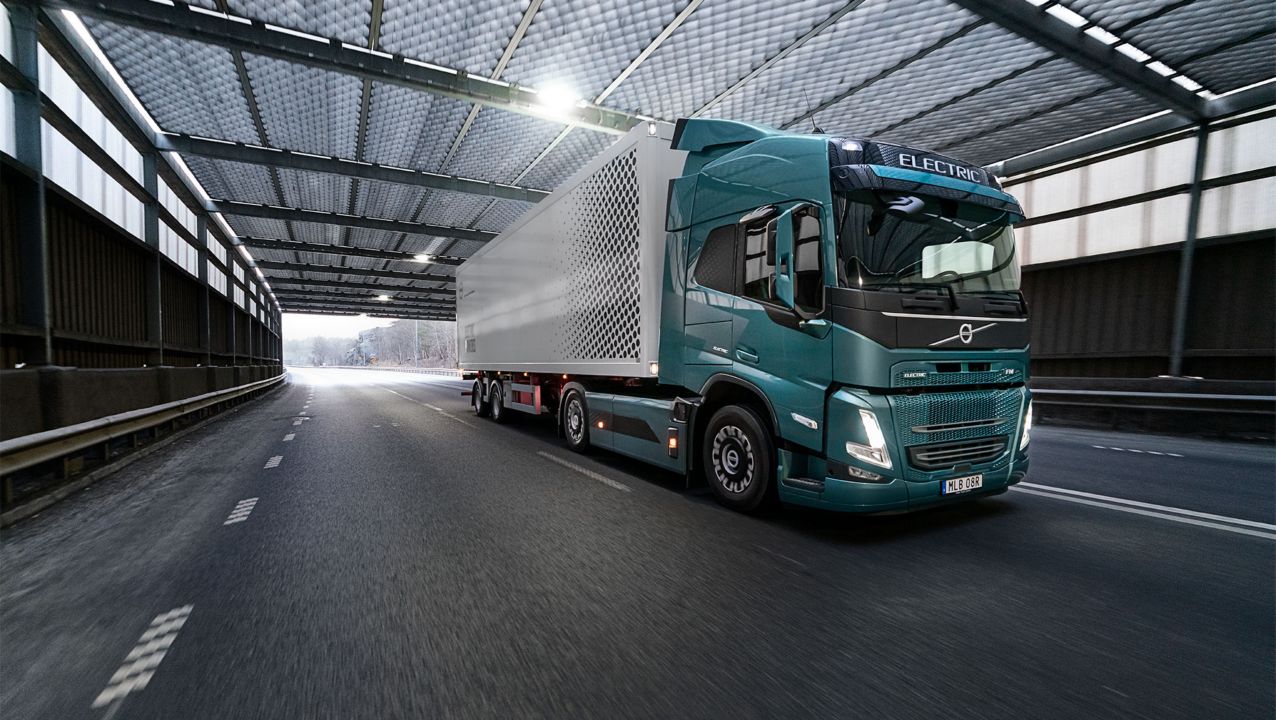“The technology is available for zero emissions,” says Daniel Spetter, operations director at logistics provider Euser. But he issues a word of caution for fellow transportation companies. “If you want to stay in business, you have to make this transition.”
Currently, Euser runs a fleet of 20 electric trucks – and has a goal to significantly increase that number as it sprints to get ahead of strict regulations and zero emission zones that are soon coming into force. “We’re getting there step by step,” he says.
Daniel admits that pivoting from a fleet of diesel trucks to fully electric can be challenging. “You’re always a bit anxious,” he adds. “We were wondering how reliable the trucks and infrastructure would be. But it’s amazing.”

The planet and the next generations will benefit
Operating seven days a week, often in densely populated cities, Euser’s drivers have particularly appreciated the silence and lack of vibration of the electric trucks. “It’s a really good experience,” he says. “More and more drivers are getting used to it.”
Euser has a road map to accelerate its penetration of electric trucks – and it’s working in collaboration with its customers to reduce CO2.
In the future, Euser plans to scale up its green energy infrastructure by introducing solar panels, for instance, which will help it produce its own electricity to power its trucks.
It’s about “learning, adapting and being a front runner in this transition”, believes Daniel. “We have to adapt to new circumstances and new forms of energy. In the long run, making this transition will help you in the future.”


